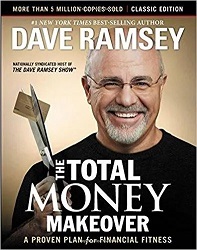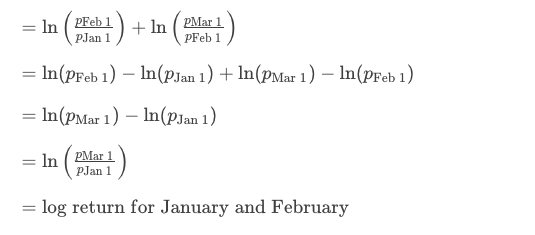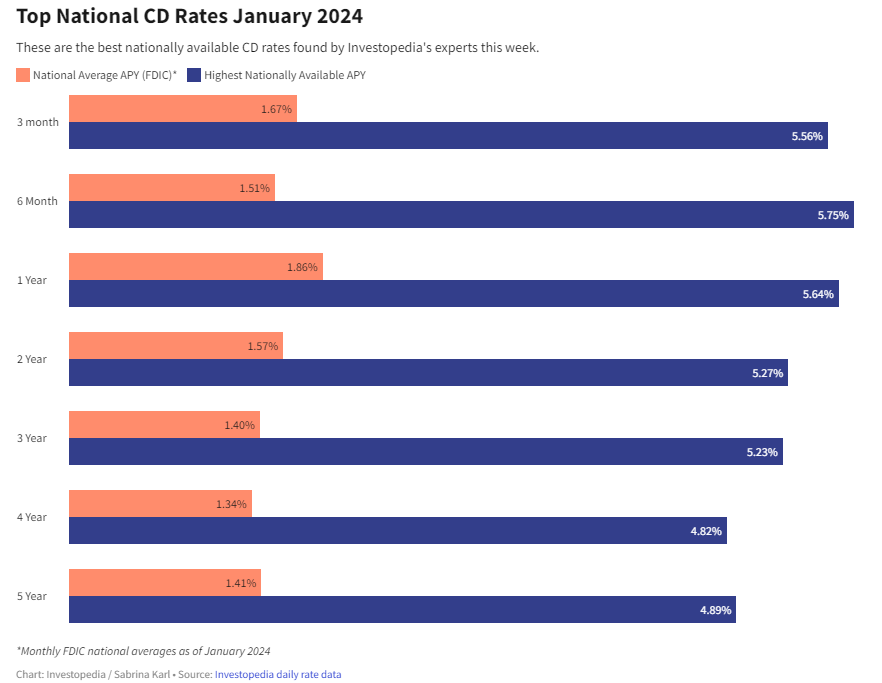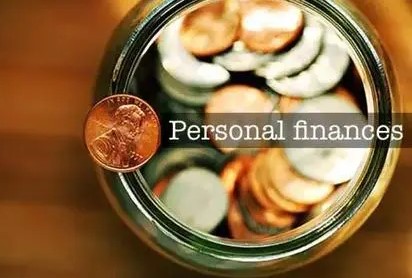What Is Shorting a Stock?
You might have heard traders refer to "shorting" or "short selling" a stock. But what is shorting a stock and is it something you should consider?
Let's start with the basics.
When you buy a stock, or "go long" in traderspeak, you're making a bet that the share price rises. Shorting a stock is the exact opposite. When you short a stock, you are betting that the share price falls in value. You're betting against the stock.
The mechanics of going long are simple. You pay cash to buy shares from an existing shareholder looking to sell, and your broker handles the details behind the scenes. Shorting a stock is more complicated because you are selling something that you don't own.
What is shorting a stock using an example?
This is best explained by an example, so let's pick a stock at random. Let's say that you believe shares of Microsoft (MSFT) are overpriced and that you expect them to decline in value.
You decide to sell short 100 shares of Microsoft and place the trade with your broker.
Here's what happens next.
Your broker will borrow 100 shares from another investor to lend to you, which then immediately gets sold. Assuming Microsoft's shares are trading at $330 per share, you receive $33,000 in cash.
But that's just the beginning. Once you sell shares short, you are obligated to buy the shares back at some point in the future, and during the period that the shares are sold short, you have to pay interest. (Remember, you borrowed them). The interest rate will vary based on the availability of shares to short. If it is a heavily-shorted stock with limited inventory available to sell, it's going to cost you more in interest.
Let's say Microsoft's shares drop to $320. Great! You can close out the trade by buying 100 shares. You sold at $330 and bought back at $320, netting a $10 per share profit, or $1,000.
Of course, it could also go the other way. If the Microsoft shares had climbed to $340, you would have spent $34,000 buying them back, meaning you would have lost $1,000.
What are the risks of shorting a stock?
When you buy a stock (assuming you didn't go wild and buy it on margin), your loss is limited. You can potentially lose your entire investment, but you can't lose more. And your upside potential is unlimited. A stock can't fall more than 100%, but it can theoretically keep rising until the end of time.
With a short sale, the math gets turned upside down. Your profit is capped at 100%, and that is if the stock literally falls all the way to zero. But your downside is theoretically unlimited.
Now, generally, "unlimited risk" is manageable if you are careful. If you see the trade getting away from you, you can buy to cover before the losses get out of control. And your broker may force you to close the position if the value of your account gets close to falling below zero.
But all of this assumes a normal, orderly market. Things can get nasty fast in the event of a short squeeze. In a short squeeze, a heavily shorted stock starts to rise, which forces the short sellers to buy back the shares they sold short to stop their losses. This forced buying by the short sellers causes the stock price rise to accelerate, forcing other short sellers to join in the panic buying. This is part of what sparked the GameStop (GME)/meme stock craze in early 2021.
If you're not careful, a short squeeze can wipe you out.
Is it a good idea to short a stock?
If you are an experienced investor who is comfortable with taking and controlling risk, then there is absolutely nothing wrong with short selling. Why not make money on the downside, particularly during bear markets when prices in general are falling.
Personal finance book recommendations
Personal Finance Book RecommendationsAs a professional financial advisor, I am often asked for recommendations on books that can help individuals gain a better understanding of personal finance. It is no secret that managing money effectively is a crucial skill that can greatly impact one'
How is the interest on bank deposits calculated?
Interest is the amount of money that a bank pays you for keeping your money in a deposit account, such as a savings account, a fixed deposit, or a certificate of deposit. Interest is also the amount of money that you pay to a bank for borrowing money from them, such as a loan or a credit card.
How to Double Your Money with the Best CD Rates for January 2024
If you are looking for a safe and reliable way to grow your savings, you might want to consider opening a certificate of deposit (CD) account. A CD is a type of deposit account that offers a fixed interest rate for a specified term, usually ranging from a few months to several years. Unlike a regula
How to buy the right personal financial products
Personal financial products are tools that help you manage your money, save for the future, and achieve your financial goals. They include things like bank accounts, credit cards, loans, insurance, investments, and retirement plans. However, not all personal financial products are create








